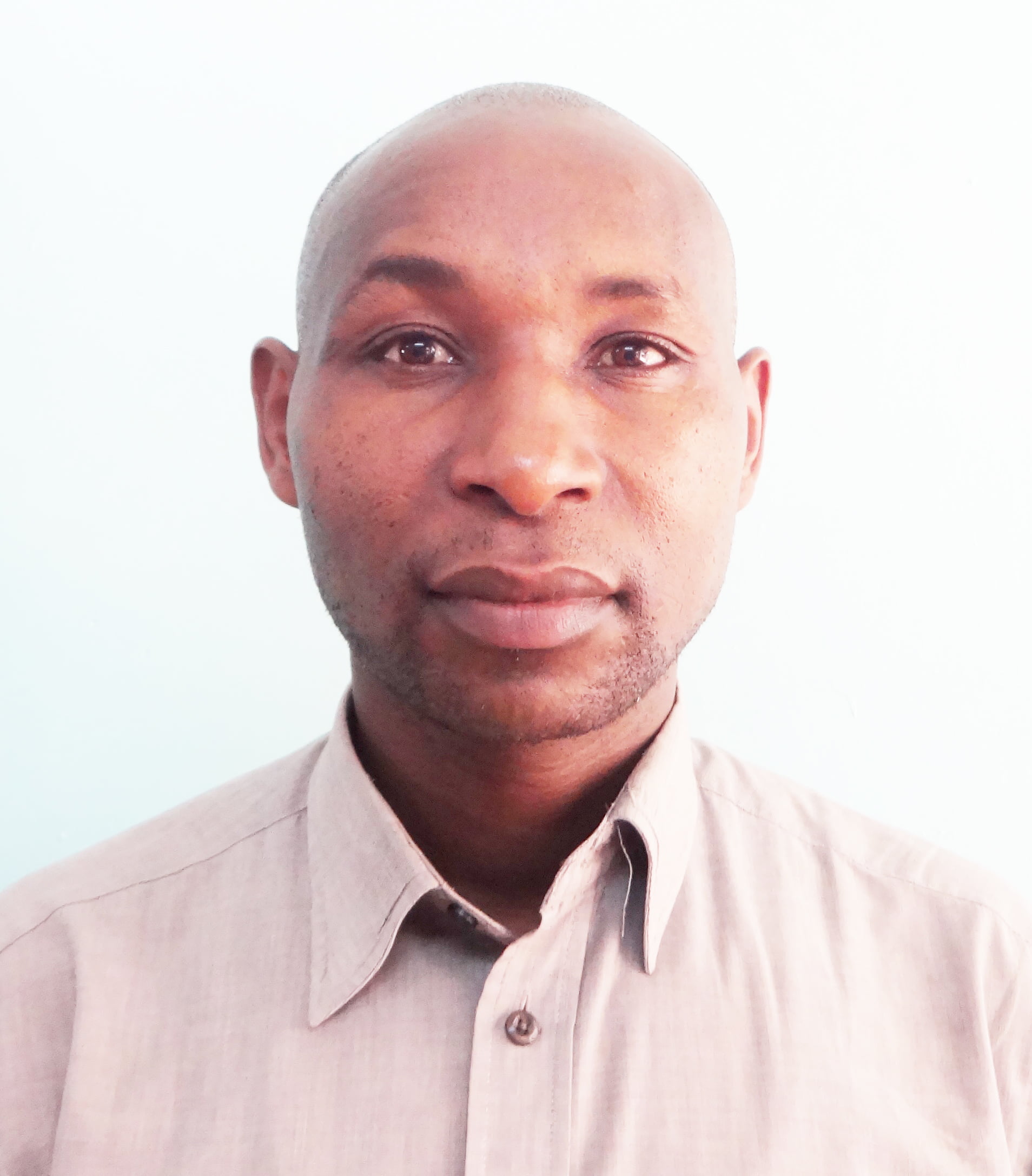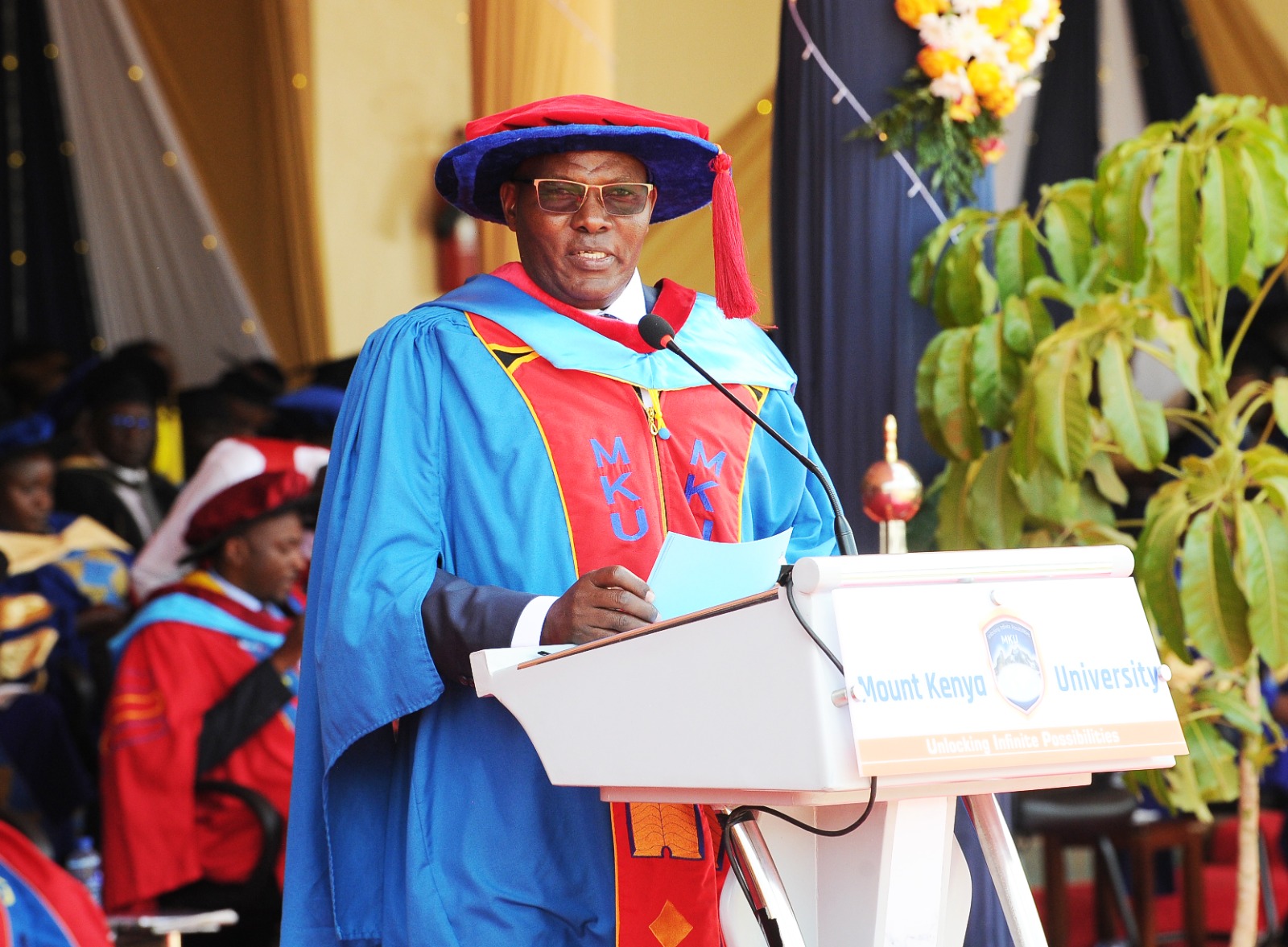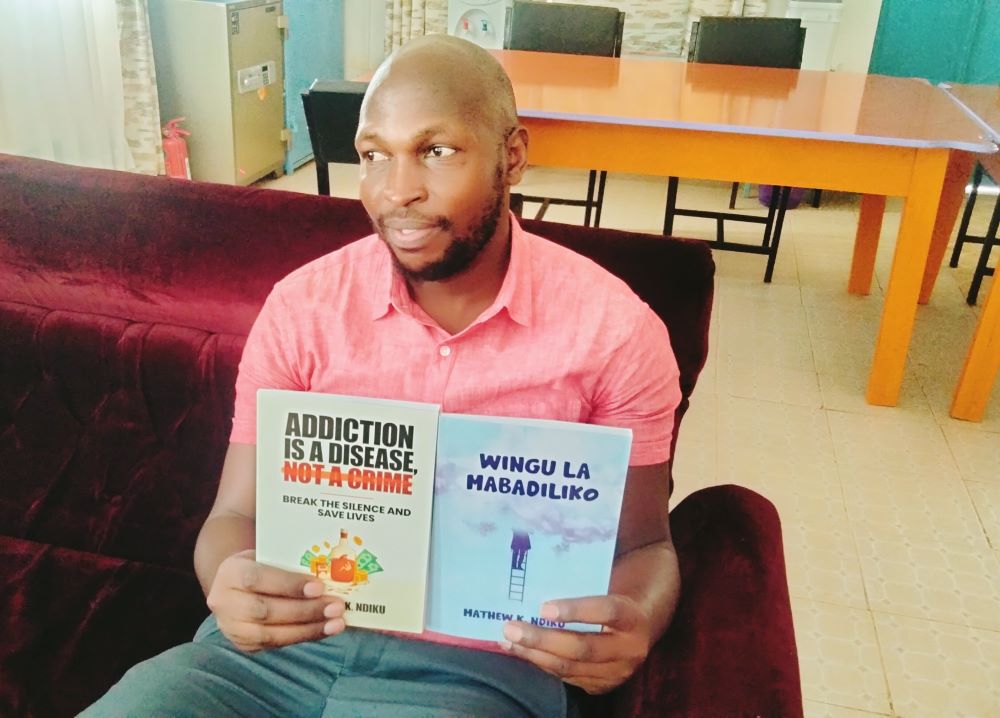By Robert Onsare
robert.onsare@gmail.com
The technological divide between developed and developing countries will continue to grow as long as new approaches are not adopted in the teaching of sciences and mathematics at primary and secondary schools.
Many secondary schools in Kenya are ill equipped for students to carry out experiments making the students perceive sciences as dull, theoretical as well as abstract. This in turn makes them fail to relate what they are taught with its application in the real world.
Technology will not be appropriate if students aren’t accorded a means of contextualizing it, something that should earnestly begin in our laboratories.
For Kenya’s vision 2030 to be industrialized, we need to go micro science using affordable modern technology to enable most schools afford facilities. Physical sciences are the worst hit in most Kenyan schools from lack of access to laboratory facilities since biological sciences draw most of its practical learning materials from nature.
Adapting micro-science is good because its cost is reasonable. The biggest challenge it has is training the teachers. An example is, for Ksh 15,000 you can buy a kit and chemicals for doing experiments for 40 students, for a whole year.
As-much-as we are stuck in macro-science, learning science through the current model is a challenge since the scientific ground has shifted beneath us. We’re in the era of nano measurements, microchips, and milligrams (mg) quantities.
We have to accept that the world is going small and smaller. When students graduate they are going to use small (micro) qualities in their scientific pursuits.
All chemistry and physics practicals can be done by harnessing micro-chemistry. Huge costs involved in the purchase of bunsen burners, gas cylinders and refilling the cylinders will be history due to the sufficiency of oil burners energy. This will bridge the gap of lack of facilities, which is prevalent in most schools in Kenya.
In learning electricity, electronics, magnetism, semiconductors, solenoids in physics – micro-physics will become handy when learning electricity, electronics, magnetism, semiconductors and selenoids in physics.
For science to play its rightful role as an agent towards industrialization, teachers need to be retrained to appreciate micro-science, be armed with new methods of disseminating science and be horned with new ideas on the evolving technologies.
Colleges and universities also need to embrace micro-science for their graduates to understand and appreciate its application. It’s worth noting that our institutions of higher learning are positioning themselves towards electronic laboratories as virtual programs are gaining ground in technical and engineering learning.
The above notwithstanding, what imprisons the Kenyan learning environment is that we go to school to secure qualifications that will afford us a job. If we were learning for life, there would be a more practical approach to realities of life than what we are currently experiencing. Are our graduates from the different levels of education systems scientific, moral, spiritual and social agents of change?
If we’re training for jobs, we need to expand our job markets to attract investors and entrepreneurs who can open up the Kenyan industry. Over the years, job opportunities for science graduates have been dwindling, thus stifling motivation from learners in schools to pursue pure and applied sciences.
Kenya needs to invest in cheap sources of electricity to add value to our raw resources before exporting. These can range from processing titanium, sodium chloride and coal to their end products. It is with this background that the Kenyan scientific, technological and engineering associations need to scale and employ new approaches of promoting scientific uptake towards a technological convergence that will usher in a practical scientific transformation in this nation.
Professionals associations have a challenge to muster their acumen to see that knowledge impacts the society positively by fostering strong linkages between the academia, the industry and the government. This will provide interplay of sharing and transferring knowledge and research findings to be integrated in both in county and national government policy frameworks.
Scientists, technologists and engineers need to stand up and be part of the answers to the problems that are biting us since it is evident science is one of the basic answers to the prevailing problems Kenya is going through. We cannot afford to neglect the adoption of relevant and cheap means of disseminating science at primary and secondary school levels. Micro-science is the way to go.
The Writer is a trainer at Kisii National Polytechnic in the Electrical and Electronics Engineering Department and a post graduate student at Multimedia University of Kenya.






